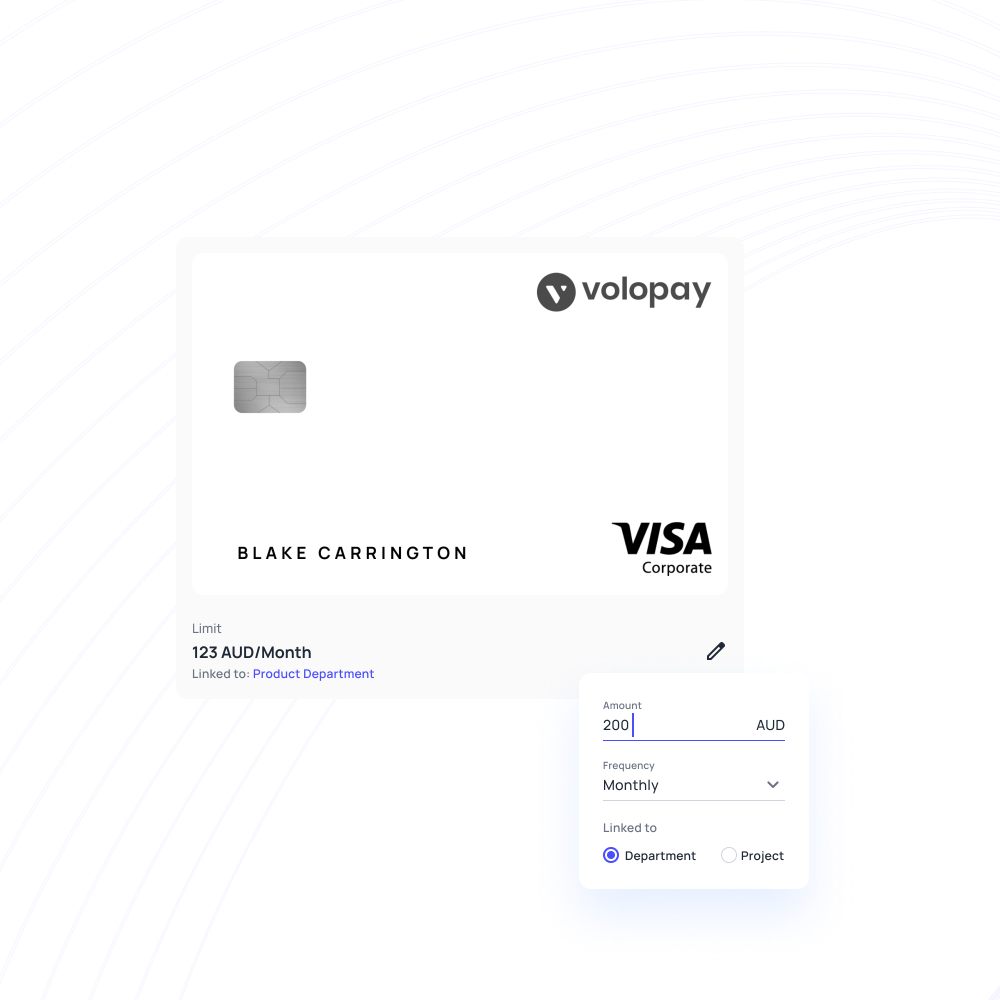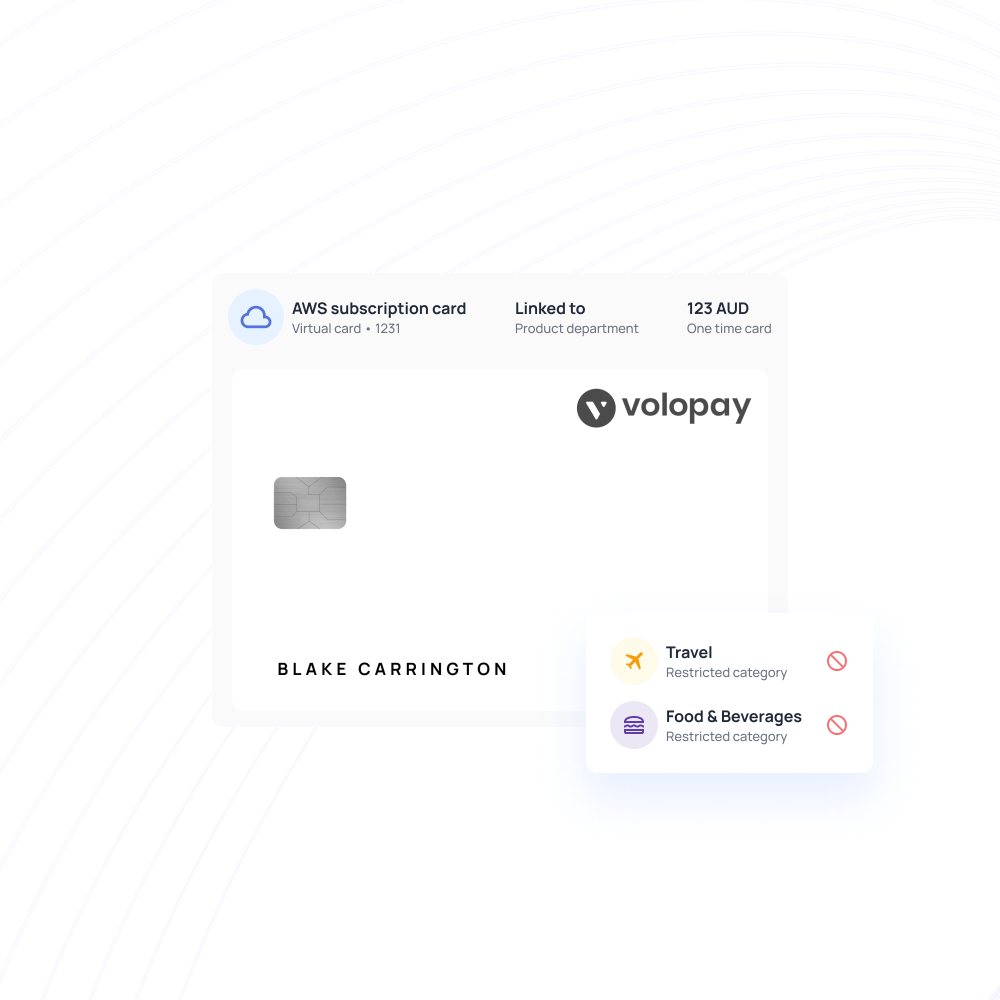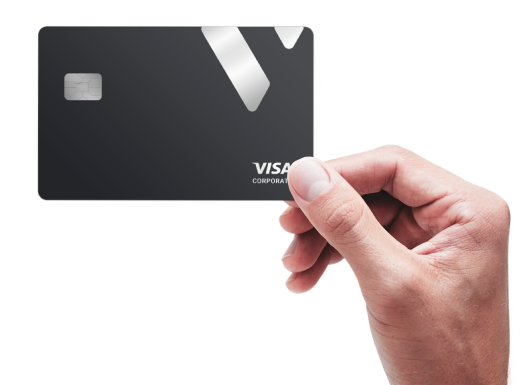Benefits of prepaid cards for your business
With new technologies, systems have become much more pioneering. The sole reason for this advancement is to make processes easier and produce a better quality of service. Traversing the same path, payment mechanisms, too, have modernized the way they operate.
The fintech space has witnessed some groundbreaking innovations from the past decade and continues to do so. One such tool among them is prepaid cards.
What are prepaid cards?
Prepaid cards or, most commonly known, prepaid debit cards are stored-value cards wherein the user is required to add funds to the card before making purchases. These cards can then be used for making in-store purchases or even in a physical store.
Prepaid cards allow you to use the tangible limit as available in the card. If your card balance is $100, you can make purchases up to $100 only.
Prepaid cards were created from a vision to discard the traditional exchange method. Adding funds to these cards and using them to make purchases enables users to earn rewards and avail themselves of lucrative offers on brands.

How do prepaid cards work?
In essence, prepaid cards are cards that you have to load before you can use them to spend. They function similarly to gift cards. If you assign prepaid cards to your employees, then you or your finance team will have to load the cards first before they can make payments with their assigned prepaid cards.
This means that your employees can only use their prepaid cards according to how much money you’ve loaded into them. When your prepaid cards have been loaded, you and your employees can use them to spend similarly to how a debit or credit card would be used.

Pros of prepaid cards
Prepaid cards are a handy tool for keeping your budget in check. As these cards allow you to spend only the amount available in the card, users become cautious before purchasing. Thereby controlling any possibility of over-spending.
Before issuing these cards, no prior banking details like any credit checks or examining the credit history will be made. Neither do these cards affect the credit score.
Prepaid cards are issued irrespective of if you have a bank account or not. Therefore, no legal documents are required for owning these cards. They can be simply bought from an authorized store and used pan-country or even internationally.
Cons of prepaid cards
Prepaid cards are levied with heavy charges in the form of activation fees, maintenance charges, ATM withdrawal fees, deposit charges, etc. These costs can burn the pockets of the users in the long run.
Prepaid cards are not a reliable option in times of emergency, since these cards can be used only up to the limit available in the card. Prepaid cards do not have an overdraft facility function; no extra amount cannot be withdrawn anytime.
Though prepaid cards are a safe & secure option for payments, they will never be able to replace the broad spectrum of credit cards and debit cards. These cards are the most used and reliable tool for day-to-day transactions & large remittances.
How does a prepaid card differ from other cards?
Debit, credit, charge, and prepaid cards may share similarities with each other, but each card type has different characteristics that the other two types might not have. Here are how they differ.
Funds
While all the different card types ultimately serve the purpose of making payments, the source of funds for the payments you make on each card type is different. Credit and charge cards both source their funds from a credit line provided by the card issuer. The credit usage will then be paid back after you use your card to make payments.
Debit cards are linked to bank accounts and full funds from their respective accounts. Prepaid cards, including prepaid credit cards, are not tied to a fixed source of funds like a credit line or bank account. Instead, they can be pre-loaded with funds whenever and however you wish.
Fees
Each card type has different fees associated with them. Credit cards charge a small amount of interest on each transaction made and typically have a monthly minimum purchase. Debit cards will charge you overdraft fees should you use the overdraft protection mechanic and spend more than you have in your bank account.
Like debit cards, charge cards also have overdraft fees. To add to that, they will incur fees if you haven’t paid your outstanding balance in full. On the other hand, some fees associated with prepaid cards are loading fees or monthly use fees.
Related read: Business debit card - What is it and how to get one?
Use limits
Another thing that all card types have in common is that their usage is limited by one factor or another. However, the factor that limits their usage depends from card to card. Credit and charge cards are both limited by how high your credit limit is. Charge cards also have the additional requirement of your balance being paid in full each month before you can start using them again.
As debit cards are funded by the bank accounts that they’re linked to, it makes sense that debit card usage is limited by the amount available in their bank. Similarly, prepaid cards can only be used according to the amount of money that has been pre-loaded onto the cards.
Benefits of having prepaid debit cards
Physical cards
Physical cards are tangible cards issued to employees. These cards can be used to make business purchases or payments. Funds are pre-loaded by the admin in these cards, and employees use them as and when required.
Virtual cards
Another type of corporate card is a virtual card. These cards are created virtually for fulfilling a specific purpose. E.g., Marketing card, sales card, etc., these cards receive funding from the budgets they are attached with.
Youth cards
Youth cards are issued to minors and youth between 14 to 26 years. These cards help school and college students cover their necessities like food, stationery, and more.
Travel cards
Travel cards are extensively used for corporate travel by employees. These cards are loaded with the estimated amount required for the entire trip. Employees can then use these cards for making hotel and flight bookings, etc. Any additional funds can be requested on these cards.
Gift card
The most common use of prepaid cards is in the form of gift cards. These gift cards are issued at malls or any brand outlet wherein the user loads funds into the card and gifts it to the concerned person. The cardholder can use this card at the authorized store up to the amount available on the card.
Manage your business expenses with Volopay
Types of prepaid cards in Australia
Amongst all the types of prepaid cards in Australia, these are the most widely categorized cards based on their uses.
Rewards cards
A variety of prepaid cards allow you earn cashbacks, vouchers, and discount coupons after adding funds to the card. Also, some will enable you to earn reward points at the point of purchase.
Gift card
Corporations generally issue gift vouchers or gift cards to their employees during festive seasons or special occasions. Funds are pre-loaded and can be used up to the maximum amount available only.
General use card
The current version of prepaid cards allows easy loading of funds into the cards, anytime and anywhere available balance check with minimal fees. Hence, these cards are increasingly used for making daily purchases easier and hassle-free.
Prepaid travel card
The best among the best is the prepaid travel card. These are loaded with company funds and used by employees while on a business trip. These cards can be used internationally. Australian dollars loaded in the employee travel card can be exchanged seamlessly around the globe.
How to identify best prepaid cards for your needs?
Maximum load amount
Prepaid cards usually come with a maximum loading and unloading limit. Know the precise amount of funds added to the card and any transaction restrictions after a specific range or to certain vendors.
Security
Though the chances of Prepaid card fraud are negligible, using a VISA or Mastercard-backed card proves helpful in the long run. Having their security helps merchants in building up their faith.
Fees
Prepaid cards are known for their heavy fees at every spend point, whether it is loading funds or withdrawing them from an ATM. Therefore, before finalizing the perfect prepaid card for you, know all the charges levied by the prepaid card issuers.
Currency support
All merchants or prepaid card companies support not all currencies. In Australia, the maximum amount of currencies supported is 10. Check which types of currency can be backed by your cards and the exchange rate and fees charged.
Card acceptance
Some prepaid cards are not accepted everywhere by merchants. Therefore, selecting the right card that can be used domestically and internationally at almost any time is very important. The eligibility of the prepaid cards is briefly described in the plan selected.
FAQ's
As corporate prepaid cards can only be used according to the amount loaded into the card, you can ensure that all your business expenses are within the budget if you load your cards accordingly. Your employees also don't have to wait around to be reimbursed for any out-of-pocket expenses and can instead use company funds loaded into prepaid cards issued to them.
Yes. You can load a travel card with the estimated amount for the business trip and employees who are issued the card can use it to make any business travel expenses during their trip.
Yes. Despite the differences with other types of cards, prepaid cards are still used similarly, which is to make business-related payments. In fact, as prepaid cards are not directly linked to your business bank account, they might be less risky to hand out to your employees.








Trusted by finance teams at startups to enterprises.
Bring Volopay to your business
Get started now